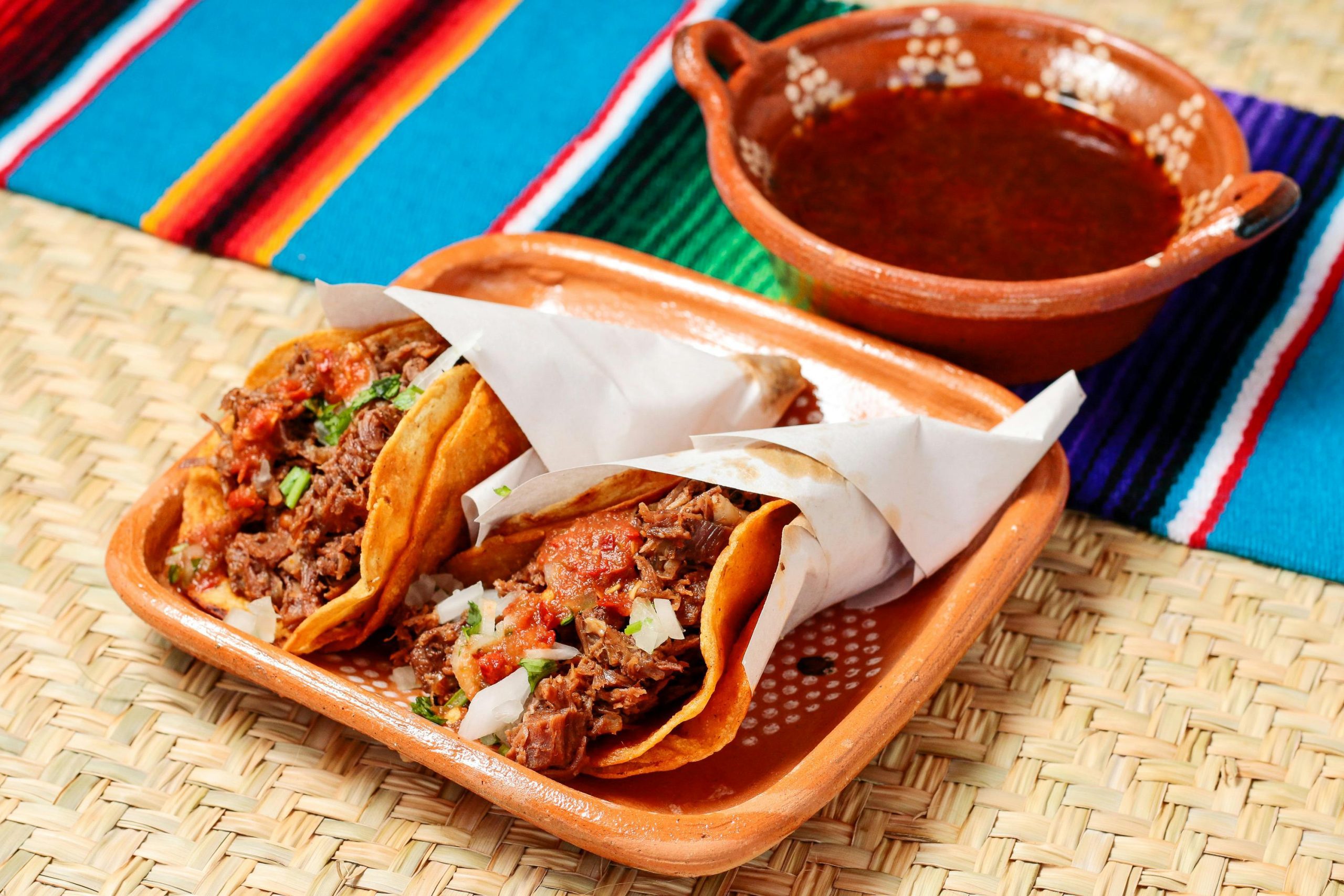The European Commission against the Hungarian Proposal to Ban Cultivated Meat
The European Commission’s recent response to the Hungarian proposal to ban cultivated meat has made it a focal point in the ongoing debates on sustainable food production and innovation within the European Union. It has labeled the proposed ban by Hungary as “unjustified.” A range of stakeholders along the entire value chain of food-agriculture prefers regulatory procedures that are in tune with EU norms and promote innovation.
Background of the Proposed Ban of Cultivated Meat in Hungary
In July, Hungary proposed legislation to ban cultured meat a new food technology that allows meat to be produced directly from animal cells in a lab and thereby to skip traditional livestock farming. What this proposal did was to raise a few eyebrows: first, because it could be a leading case in restricting food innovation, and, second, because there was limited scientific evidence presented to justify it. It is, according to proponents, the enviro-friendly alternative to all traditional meat production and could help the EU solve parts of its long-standing climate and food security challenges.

Role of TRIS and EU’s Harmonized Novel Food Authorization
The TRIS represents an integral part of the European regulatory process and binds all Member States regarding the obligation to notify any legislation that could affect the EU’s single market. The notification system is indeed relevant for food regulations, inasmuch as it provides an opportunity for the thorough review of proposed measures with a view to ensuring they will not interfere with the EU principles of free trade and movement of goods.
It added that the Hungarian ban could also affect the harmonized authorization procedure for novel food taken care of by the EFSA, which allows high standards for food safety to be maintained. This mechanism ensures that new food products, including cultivated meat, can pass scientific scrutiny. In the absence of such a mechanism, Hungary runs the risk of setting up regulatory barriers that could impact food trade across the EU and work as a deterrent to the creation of a harmonized European food market.
Reactions and Concerns of Member States Regarding Free Movement of Goods
Several EU Member States, including Sweden, Lithuania, the Netherlands, and the Czech Republic, have consistently rejected the Hungarian proposal. This is because such a move would weaken the single market in instances where one country bans the cultivation of a certain category of foodstuffs while others do not. This is against one of the foundational principles of the EU: free movement of goods.
Such a ban in Hungary is inconsistent with EU values, as shown by the response of the European Commission because it might create unequal conditions in different Member States. The ban could also run against the goals of the EU for a greener, more resistant food system because it does not encourage innovation in food. Supporters of cultivated meat argue that this can reduce greenhouse gas emissions and resource use, thereby aligning with environmental priorities set by the EU.

Italy’s Case and the Precedent for Evidence-Based Policy
The situation has been further complicated by the case of Italy, which banned cultivated meat in 2022 without going through the TRIS procedure. Criticism addressed to the government of Italy included disregard for EU laws insisting that regulatory measures are to be evidence-based and in line with EU norms. Since this was against established procedures, the approach has now led to a review, hence underlining a scientific approach to policy development in areas touching on the single market.
With a lack of scientific rationale in the bans of both Italy and Hungary, calls have surfaced for transparency; and an urgent need to stick to evidence-based policy. Critics who make such arguments argue that without such due processes set aside by countries, risk could allow slow food innovation in Europe.
Cultivated Meat and Its Place in EU’s Food System
What is really at the core of this debate is the role of the EU in promoting food innovation and sustainability. This makes cultivated meat particularly significant to the European Union in its effort to transform its food system in line with the European Green Deal and Farm to Fork Strategy, so as to contribute toward meeting increased food demands with reduced environmental impacts. As a rule, cultured meat requires much fewer resources compared to raising animals the traditional way, which is also very much a plus when one considers finding a more sustainable food supply chain.
The Commission’s opposition against Hungary’s ban upholds the EU’s regulatory framework ideally one that strikes a balance between the promotion of innovation and the protection of food safety, as well as market unity. Applications for the authorization of cultivated meat are being submitted for the first time, so this stance of the Commission might indicate a more enabling approach toward new food technologies, based on scientific integrity and evidence-based decision-making.
Food Culture, Tradition, and Innovation
The introduction of cultivated meat in the EU also introduces cultural considerations. While the technology is promising for environmental benefits, it certainly challenges the EU’s eating culture, which many Europeans cherish. Hungary’s ban may be one way to protect these traditions, but balancing cultural values with a need for sustainable innovation is a complex challenge facing the EU.

Some Member States have expressed the view that preserving local food traditions and supporting innovation are not necessarily mutually exclusive. Adopting a science-based, transparent approach is one way the EU can facilitate consumer acceptance of clean meat without being adverse to cultural heritage. These attitudinal vectors will be important to harmonize as Europe seeks to take the lead in sustainable food systems.
The Implications for Food Innovation in Europe
The related criticism by the European Commission retains that the Hungarian ban on cultured meat demonstrates emphatic support for the EU’s harmonized and transparent regulatory processes. The response of the EU to this Hungarian proposal may prove to be a very important precedent for food innovation and sustainability in the future. A change in Hungary’s legislative position may open up avenues for other Member States to adopt new food technologies within a clear European Union framework, which should contribute to the development of a sustainable and competitive food market.
This support from a raft of EU member states reflects a growing excitement from those who believe that alternatives to traditional food production will be key in helping the EU meet its environmental goals. In the absence of a complete crystallization of rules concerning cultivated meat, evidence-based policy and scientific assessment will probably be at the core of the EU’s approach to framing the future of food innovation.
A Look Ahead – Will Hungary Adapt to the Commission’s Feedback?
It is yet to be seen how Hungary will take on board this criticism from the Commission. Against a background of active Member State support, it is unmistakable that the Commission seeks reconsideration of Hungary’s proposal related to cultivated meat. In that perspective, it may indeed fall upon Hungary to change its legislative proposal in the area of both EU harmonization objectives and evidence-based practices.
Ultimately, the position of the European Commission in response to these challenges demonstrates that the only way forward for food production to be sustainable in respect of public health has much to do with collaboration and coherence. For EU Member States, innovation must be welcomed hand in hand with food safety and consumer protection a fine but delicate balance.

Conclusion: The Path Forward for Cultivated Meat in the EU
The critique of the European Commission on Hungary’s proposed ban on cultivated meat underlines the respect for EU procedures, evidence-based policymaking, and the free flow of goods in the single market. Cultivated meat is trumpeted as a promising solution to achieve Europe’s climate goals and food security, and the response of the Commission to the Hungarian proposal could set the course for a new standard applicable in the future development of policies on food technology.
As the EU continues to make its way through the intricacies of integrating sustainable food technologies, the way forward will have to be one of collaboration across Member States and in fidelity to scientific assessment. It is only in this manner that Europe can lead the way in sustainable food innovation while remaining respectful of the cultural and ethical considerations that define its richly diverse food landscape.








